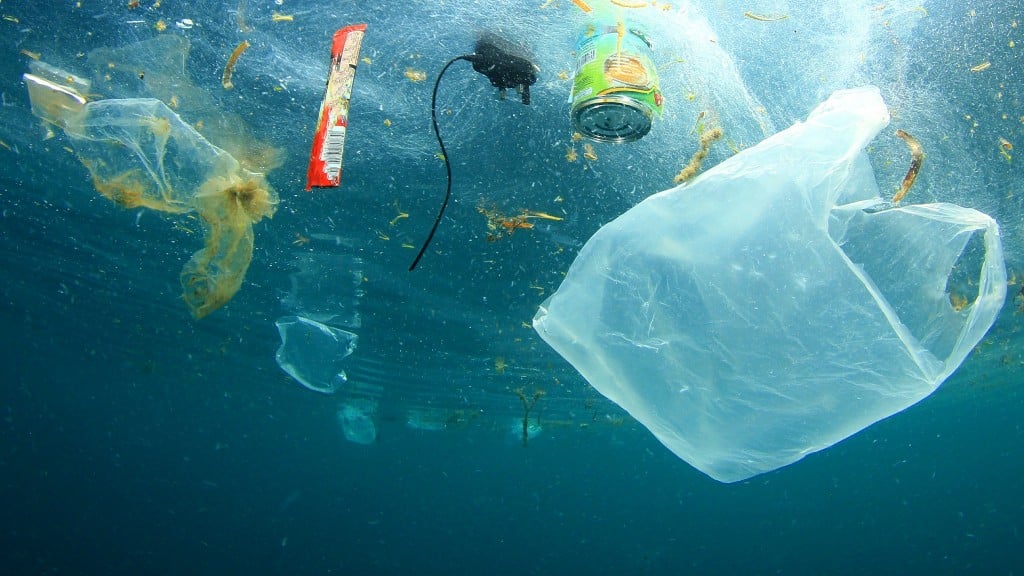
The Government of Canada has reaffirmed its commitment to address plastic pollution.
The Minister of Environment and Climate Change, Steven Guilbeault; the Minister of Health, Jean-Yves Duclos; and the Minister of Fisheries, Oceans, and the Canadian Coast Guard, Joyce Murray, released the next steps in the Government of Canada's ban on harmful single-use plastics. As of December 20th, checkout bags; cutlery; food service containers and wares made from, or containing, hard-to-recycle plastics; stir sticks; and straws (with some exceptions) will be prohibited from being manufactured or imported into Canada.
"We promised Canadians we would deliver a ban on certain harmful single-use plastics. Today, we're following through on that commitment by prohibiting the manufacture and import in Canada of five of the six categories of these harmful single-use plastics. With this ban, and our participation toward achieving a global treaty, we're joining the global effort to reduce plastic pollution and protect our wildlife and habitats. There is a clear linkage between a world free of plastic pollution and a sustainable world, rich in biodiversity – a world that also best supports the health and economic security of Canadians, protects our environment, and helps in the fight against climate change," says Steven Guilbeault.
The ban on the manufacturing and importation of ring carriers will enter into force in June 2023.
Over the next decade, this ban on harmful single-use plastics will result in the estimated elimination of over 1.3 million tonnes of hard-to-recycle plastics and more than 22,000 tonnes of plastic pollution, which is equivalent to over one million full garbage bags.
The Government of Canada will continue to be guided by science as it takes additional measures toward its zero plastic waste goal. The government is working with provinces, territories, and industries to set an ambitious collection target of 90 percent for recycling plastic beverage bottles. It is also developing regulations to require that certain plastic packaging contain at least 50 percent recycled content and to establish clear rules for labelling recyclable and compostable plastics. Draft regulations are targeted for publication as early as fall 2023. In addition, the government is developing a plastic registry to hold plastic producers accountable for their plastic waste.
These measures will help Canada meet the commitments of the Ocean Plastics Charter. Canada is currently working with countries and stakeholders globally to develop an ambitious and effective legally-binding treaty to end plastic pollution.
"Each year around the world, approximately 8 million tonnes of plastic pollution enters the oceans. The ban on single-use plastics is a significant step the Government of Canada is taking to mitigate this serious threat to the marine environment and protect our critical aquatic ecosystems, so they remain healthy and abundant for the next seven generations," says Joyce Murray.



